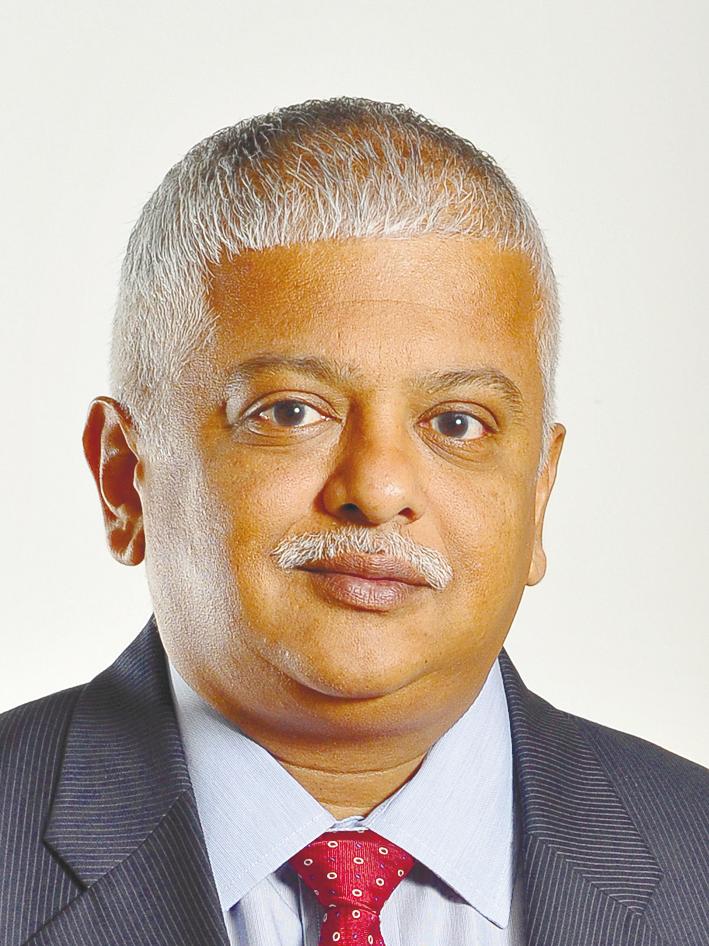PETALING JAYA: Companies see opportunities to accelerate acquisitions and transformation, with 47% of Malaysian respondents intend to pursue merger & acquisitions (M&A) transactions in the next 12 months, according to the 22nd edition of the EY Global Capital Confidence Barometer.
The survey found that this is higher than the Malaysia Capital Confidence Barometer average of 44% since 2010, adding that despite current social and economic upheavals, executives are maintaining some focus on M&As.
Ernst & Young PLT Malaysia transaction advisory services leader George Koshy (pix) said across all sectors, companies will need to transform, reboot and reshape themselves, which will give rise to both opportunistic and strategic M&As post Covid-19.
Three-quarters (71%) of Malaysian respondents are expecting to see increasing competition for assets in the next 12 months, with a majority (53%) believing the competition to come from private capital.
“The emergence of Covid-19 underscores the need to assess potential targets more broadly in terms of resilience. Executives continue to look at a range of drivers for M&A to complement their strategic direction. Growth in new markets and adjacent sectors is key. But they will also look to acquire new capabilities and protect against disruption of all kinds,” EY said.
Almost half (46%) of the Malaysian respondents expect to do deals that significantly push the dial and transform the business. This is more aggressive than the global respondents, where the majority of global respondents (42%) expect to do bolt-on acquisitions that complement their current business model and only 27% expect to do transformative deals.
As most Malaysian companies start to look ahead to the new normal, EY expects to see large-scale transformation in many sectors, as many of them will be significantly reshaped. Companies will consider new strategies for better agility, flexibility and resilience. Companies are already taking steps to effect change in their global supply chains (44%), digital transformation (28%), speed of automation (28%) and management of workforce (39%).
The survey revealed that 59% of Malaysian respondents are already undertaking a significant transformation programme. Pre-Covid-19 crisis, the key reasons driving transformation initiatives, were pressure on revenue targets (25%), keeping up with competitors’ technology (15%) and moving into adjacent sectors (15%).
Emerging from a global crisis such as Covid-19, Malaysian respondents are looking at more frequent and robust strategy and portfolio review processes to better understand the future direction of their markets and the resulting growth opportunities.
According to the survey, Malaysian respondents anticipate a prolonged and deeper impact on the economy, and are now focusing on developing resilience in their supply chains, protecting their revenues and managing their margins and profitability, while reconfiguring capital allocation and M&A plans for post-Covid-19.
In Malaysia, 62% of the respondents expect a “U”-shaped recovery period of slower economic activity extending into 2021, while 38% see a “V”-shaped recovery and a return to normal economic activity in Q3 this year.
Very few (less than 1%) foresee an “L”-shaped recovery and recessionary conditions until 2022. Nevertheless, all Malaysia respondents (100%) expect the pandemic to cause a decline in their profitability.














